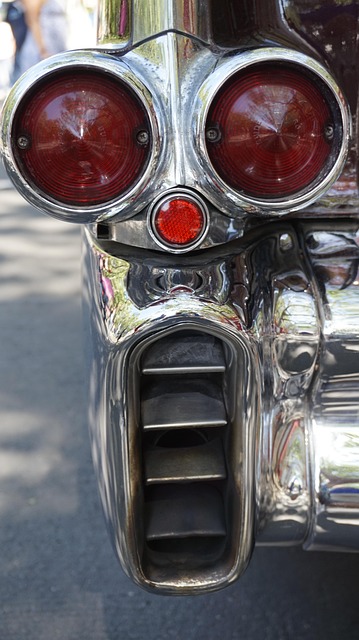Corrosion in brake calipers, accelerated by moisture and salt, reduces braking effectiveness. Regular maintenance, specialized cooling solutions, and high-performance brake kits prevent corrosion, especially in harsh climates. Replacing corroded calipers requires tools like a caliper puller, safety gear, rust management, and proper installation following manufacturer specs. Select Brake Systems offers heavy-duty caliper systems suitable for various vehicles, with online purchasing providing precise fitment options.
“Learn how to replace corroded calipers on your vehicle with our comprehensive guide. Explore the intricacies of corrosion in brake calipers, particularly within select brake systems, and its impact on safety. Discover the importance of choosing the right replacement parts, understanding necessary tools, and adhering to strict safety precautions. Delve into detailed installation and testing procedures, ensuring optimal performance and peace of mind during your DIY maintenance.”
- Understanding Corrosion in Brake Calipers
- Choosing the Right Replacement Calipers
- Tools and Safety Precautions for Repair
- Installation and Testing Procedures
Understanding Corrosion in Brake Calipers
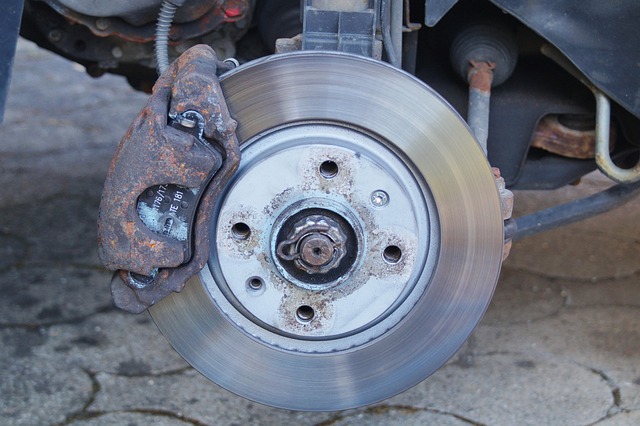
Corrosion in brake calipers is a common issue that can significantly impact a vehicle’s braking performance and safety. Brake calipers are essential components of a car’s Select Brake System, responsible for clamping down on the brake pads to slow or stop the wheels. Over time, exposure to moisture, salt, and other environmental factors can lead to corrosion, causing the calipers to wear out and lose their effectiveness. This is particularly problematic in regions with harsh weather conditions and high road salt usage.
Regular maintenance, such as a thorough pre-driven car brake check, can help catch corrosion issues early on. For those driving sports cars or high-performance SUVs, considering specialized brake cooling solutions might be beneficial to mitigate the effects of heat and friction that can accelerate corrosion. Upgrading to high-performance brake kits designed for these specific vehicle types can also ensure superior braking power and longevity, even under demanding conditions.
Choosing the Right Replacement Calipers
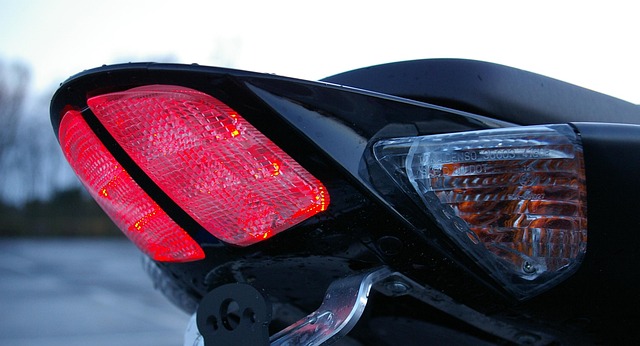
When it comes to replacing corroded calipers, selecting the right brake system components is paramount. Opting for high-quality, durable calipers from reputable manufacturers ensures optimal performance and longevity. Look for parts that are designed to withstand corrosive elements, especially if your vehicle is frequently exposed to salt or other chemicals during winter months. Green braking solutions for eco-friendly cars often prioritize materials that minimize environmental impact without compromising strength.
For trucks and other heavy-duty vehicles, selecting appropriate calipers from specialized suppliers like Select Brake Systems can make a significant difference. These systems are engineered to handle the increased brake force required by larger vehicles, ensuring reliable stopping power under all conditions. Additionally, purchasing car brake replacement parts online allows for convenient access to a wide range of options, enabling you to find the perfect fitment for your specific vehicle model without visiting a physical store.
Tools and Safety Precautions for Repair
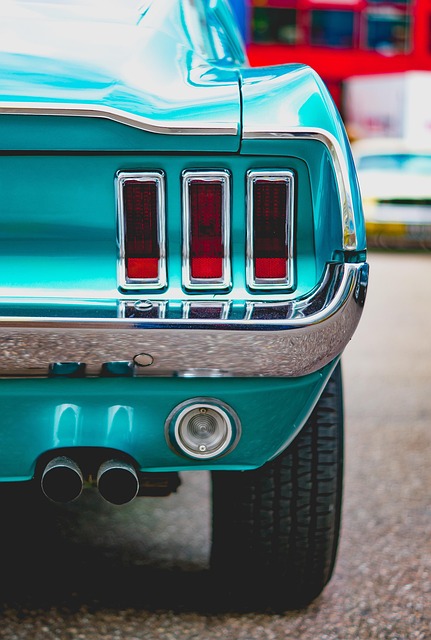
When it comes to replacing corroded calipers, having the right tools is paramount. You’ll need a selection of brake tools tailored for the job, including a caliper puller, a jack, and possibly a special tool for removing the pin or slide that secures the caliper. Ensure you also have access to a new set of calipers compatible with your vehicle’s Select Brake Systems. Safety is paramount; always wear protective gear like gloves and safety glasses to prevent injuries from sharp edges or flying debris during the process.
Properly managing rust, especially on older vehicles or those exposed to harsh climates, is another crucial aspect. While removing rust from brake components can be challenging, it’s not impossible. Techniques range from using specialized rust removal solutions to mechanical methods like sandblasting. However, keep in mind that a master cylinder repair vs. replacement decision should factor in the extent of corrosion and the overall health of your braking systems, especially in the context of autonomous vehicles where precision and reliability are paramount.
Installation and Testing Procedures
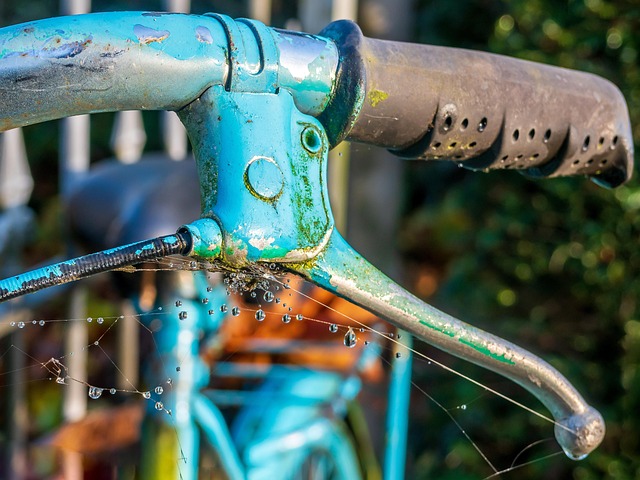
After selecting high-quality replacement calipers from reputable manufacturers like Select Brake Systems, ensuring proper installation is paramount. Begin by thoroughly cleaning and inspecting the brake assembly, removing any debris or old brake pad wear indicators. Next, carefully align the calipers with the rotors, adhering to the vehicle manufacturer’s specifications for proper fitment. Tighten the caliper bolts using a torque wrench to the recommended specification, typically between 60-90 Nm.
Testing is crucial after installation. Conduct a visual inspection to ensure all components are securely fastened and in good condition. Then, perform a hydraulic brake system troubleshooting check by bleeding the brakes to remove any air bubbles and ensuring consistent braking power. Check for abnormal noises or pulsing during braking, which could indicate further issues that require attention. For all car brake replacement parts online, always refer to the vehicle’s service manual or consult with a professional mechanic for specific guidelines tailored to your make and model.
When replacing corroded calipers, choosing the right parts from reputable manufacturers is key. By understanding corrosion, selecting suitable replacements, and adhering to safety precautions during installation, you can ensure optimal performance and longevity for your brake system. Remember, proper maintenance of your vehicle’s braking components, such as calipers, is essential for safe driving, especially when navigating diverse road conditions. With the right tools and expertise, DIY replacement becomes a feasible option, allowing you to maintain control over your vehicle’s select brake systems.
